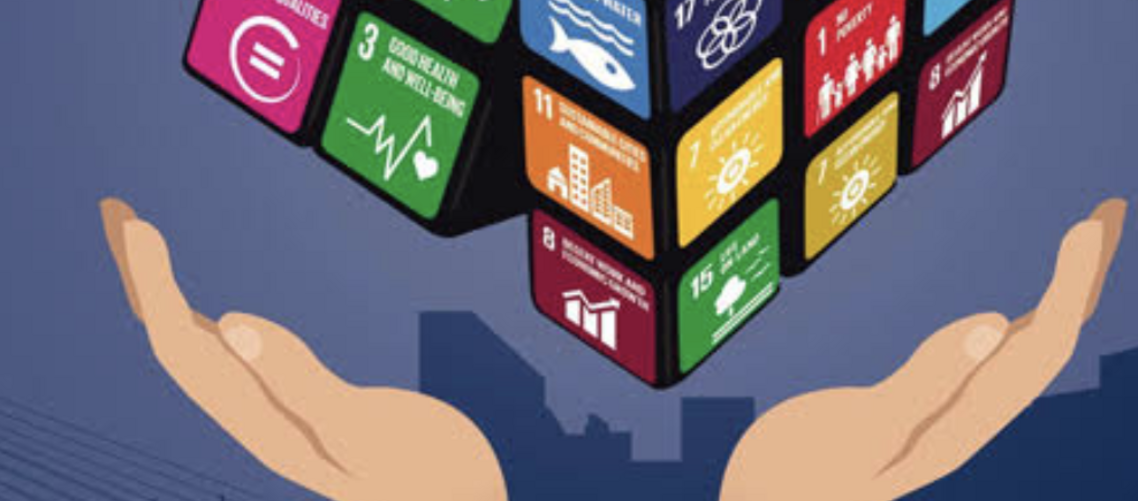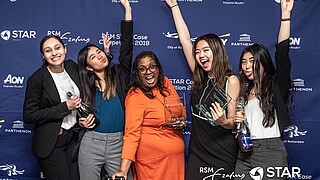The core course is part of the curriculum to help students in RSM’s BSc International Business Administration and Dutch-taught BSc Bedrijfskunde (Business Administration), think critically about sustainability and to connect them to companies. The idea is that a company’s corporate social responsibility (CSR) strategy should pertain to not one but to all relevant SDGs. The students were challenged to formulate such a CSR strategy. They were asked to focus on:
- The interconnected nature of the SDGs – does the strategy impact all relevant SDGs positively, minimizing trade-offs between SDGs?
- Adequate coverage of main materiality issues and corresponding SDGs – do the suggestions encourage taking sufficient responsibility?
- The scope of the partnership portfolio – does the proposal include and involve relevant stakeholders sufficiently?
To achieve the best results, the students needed to research the company and SDGs, analyse the nature of problems, and be creative when creating a high-quality CSR strategy.
Feedback from business
The answers and recommendations by the BSc students are presented in a poster gallery. “The posters beautifully visualise how the SDGs can be implemented in companies' core strategies. We have seen many practical, creative ideas. And some posters have even found their way into the office,” says Dr Maarten Wubben, who teaches the course with presentation skills tutor Jelmer Smits.
"Students got valuable feedback from RSM alumni, while the alumni had the chance to learn from our students. The business executives from DSM asked to receive all posters to share with their colleagues, and ING alumni invited students for an additional online meeting to discuss their posters,” said Caius Nijstad, management trainee at RSM’s Positive Change initiative.
The feedback came from RSM alumni who work at the multinationals ABN AMRO, Aegon, Ahold Delhaize, BASF, C&A, DSM, Google, H&M, Heineken, Ikea, ING, KLM, KOMG, Maersk, Philips, PwC, Rabobank and Unilever.


